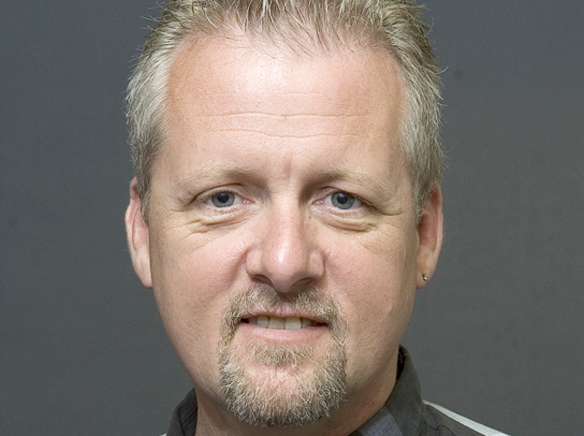In the confused, angry months after Sept. 11, 2001, the Bush administration and Congress reorganized a number of government agencies to create the Department of Homeland Security. One laments there were few voices screaming for smaller government back then.
Among the consequences of 9/11, one that too many of us must endure is the Transportation Security Administration, or TSA. We encounter this agency via the over-uniformed, underpaid airport screeners looking over our travel documents, examining the contents of our carry-ons, and x-raying our luggage.
In the confused, angry months after Sept. 11, 2001, the Bush administration and Congress reorganized a number of government agencies to create the Department of Homeland Security. One laments there were few voices screaming for smaller government back then.
Among the consequences of 9/11, one that too many of us must endure is the Transportation Security Administration, or TSA. We encounter this agency via the over-uniformed, underpaid airport screeners looking over our travel documents, examining the contents of our carry-ons, and x-raying our luggage.
Currently, the TSA is getting negative press (the only kind they get) due to unconscionably long security checkpoint wait times in major airports. It seems the agency woefully underestimated the growth in the number of air passengers and has failed to hire enough screeners to address the increased workload.
At many of the country’s airports, passengers have been delayed to the frustrating point of missing flights. On a recent Sunday night, some 450 American Airlines passengers enjoyed their carrier’s camp bed hospitality overnight at Chicago’s O’Hare Airport, having failed to make their connections thanks to TSA’s long march.
Such horror stories are common. A friend returning from Dallas-Fort Worth last week encountered an appallingly long security ordeal, managing to sprint onto his aircraft just before the doors were closed for departure. A few months back in Atlanta, I was lucky to show up three hours before scheduled departure; it took more than two hours to get through screening.
There are rumblings the flying public and airline industry are fed up with the waiting. It is rumored Arizona’s Phoenix Sky Airport is ready to send the TSA packing, replacing them with screeners from a private company. Atlanta’s Hartsfield-Jackson Airport is threatening the same action. Kansas City International and San Francisco International are two major airports already participating in a project allowing private contractors to take the place of TSA employees.
What I don’t understand is why nothing has been done about the god-awful security smokescreen flyers have endured since 2003. Not only is it time-consuming, stressful, and expensive — TSA’s 2015 budget was $7.5 billion — it’s also little more than pretend security.
Just a couple of years back, a Department of Homeland Security conducted 70 covert tests during which the TSA during failed to find weapons and simulated explosives more than 95 percent of the time. Fortunately, this did not stop the administrator responsible for those failures from collecting a $96,000 bonus.
Seems to me this problem could be solved by the people who created it. Weary of angry, inconvenienced constituents, Congress should say, “Good golly, the TSA is almost as incompetent as we are. Maybe it’s time for a change.”
Not that I trust Congress to come up with a better idea.
In the meantime, I am considering summer travel options. Maybe it’s time for road trips to see loved ones in New England and the Midwest. Sure, it’ll take some time to cover all those miles, but given the conditions that prevail, it probably won’t be much longer than the TSA’s pointless, ugly airport ordeal.
Pat Grimes, a former South Bay resident, writes from Ypsilanti, Mich. He can be reached at pgwriter@inbox.com





















